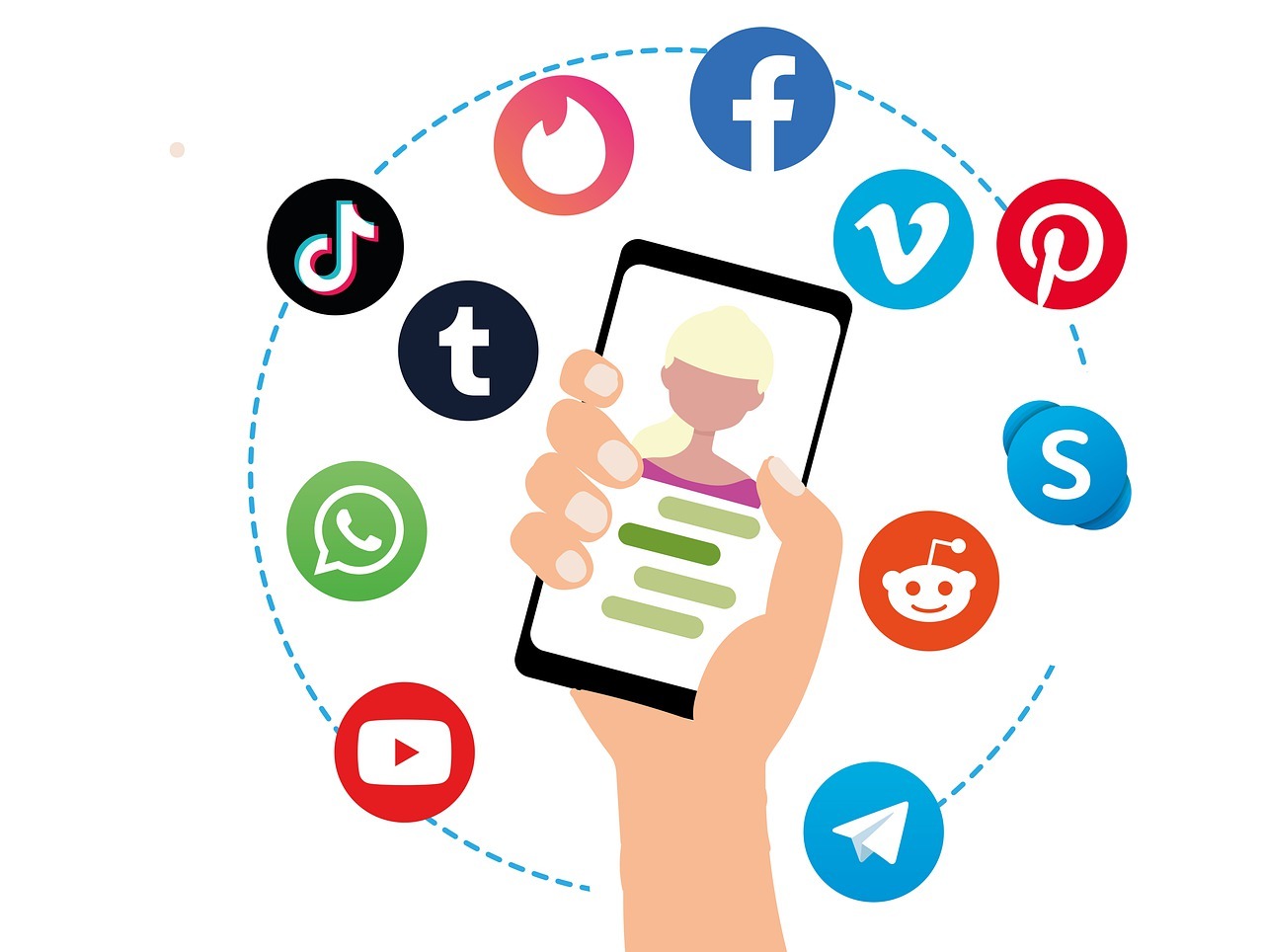In the past decade, social media platforms have experienced a meteoric rise, enabling billions of people across the globe to connect, communicate and share. While these online universes have undoubtedly brought countless benefits to both individuals and organizations, they have also drawn attention to the darker side: social media addiction. Within this article, we delve deep into the abyss of social media addiction statistics, exploring the impact of this modern-day phenomenon, the factors behind it, and the implications on society.
Defining Social Media Addiction
Social media addiction can be loosely defined as an excessive and uncontrollable urge to browse, engage, and interact with social media platforms. This compulsive behavior can have severe consequences on various aspects of an individuals life, such as mental, emotional, and physical health as well as interpersonal relationships. As a relatively new area of research, experts continue to develop methods to diagnose and treat this addiction. Despite its widespread presence, not everyone who uses social media is considered an addict. The line between regular usage and addiction lies in the intensity and the extent to which the activity interferes with ones daily life.
Prevalence of Social Media Addiction
Estimating the exact number of people grappling with social media addiction is no easy task. Globally, there are approximately 4.2 billion social media users, accounting for more than half of the worlds population. While not every user is an addict, the number of those who are is steadily increasing. According to various studies, the prevalence of social media addiction ranges between 5% and 25% among users.
This wide range highlights the lack of consensus on how to identify and measure addiction. The different methodologies, techniques, and criteria employed in these studies result in varying assessments of the problem. Nevertheless, all the research concurs that a significant number of people are addicted to social media, exhibiting symptoms indicative of addiction.
Factors Contributing to Social Media Addiction
There are numerous factors at play rendering social media highly addictive. First, social media platforms use algorithms designed to captivate users and keep them engaged for longer periods. Psychological triggers such as instant gratification, fear of missing out (FOMO), and social validation contribute to the development and reinforcement of addictive patterns.
Furthermore, the demographics and cultural contexts also play a role. For instance, younger users, particularly those from affluent backgrounds and urban settings, are generally more prone to addiction due to easier access to technology and greater emphasis on social connectedness.
Impact on Mental Health
Several studies have linked excessive social media use with deteriorating mental health. For example, addiction is associated with increased levels of anxiety, depression, loneliness, and low self-esteem. While causality is not yet definitively established, the relationship between social media addiction and mental illness appears to be reciprocal, with one exacerbating the other.
Moreover, social media addiction can lead to sleep disturbances, body image issues, attention deficits, and impairments in decision-making and memory. In extreme cases, the addiction can escalate into problematic internet use, characterized by total detachment from reality and all offline social engagements.
Consequences on Physical Health
Where there is mental distress, physical health often suffers as well. Long hours spent on social media platforms translate to a sedentary lifestyle, increasing the risk of obesity, cardiovascular diseases, and various other health complications. Additionally, addiction has been associated with eye strain, neck pain, and repetitive strain injuries due to poor ergonomics and extended time spent staring at screens.
Effect on Interpersonal Relationships
Ironically, while social media platforms aim to bring people closer together, addiction can damage personal connections, negatively impacting family and friends. Excessive use has been linked to relationship problems including jealousy, insecurity, mistrust, and decreased life satisfaction. Moreover, addiction can lead to social isolation, as individuals increasingly prioritize their online interactions over real-life connections.
Addressing Social Media Addiction
Acknowledging social media addiction as a legitimate issue is the first step to addressing it. Raising awareness about the potential dangers and promoting responsible use of the platforms is crucial. Schools, healthcare providers, and parents can play a central role in educating young people and helping them develop healthy coping mechanisms.
Treatment approaches for social media addiction include cognitive-behavioral therapy, mindfulness techniques, and stress management strategies. Additionally, technology giants are slowly implementing features aimed at reducing addiction, such as screen time monitoring and notification filters.
Conclusion: The Road Ahead
Social media addiction is undeniably a growing concern, with far-reaching implications on the mental, emotional, and physical well-being of users. As the number of users and platforms burgeon, understanding the social media addiction landscape at its deepest levels is paramount. Crucial steps towards mitigating this issue include increased research, accurate measurement, education, and the development of evidence-based interventions. Society as a whole must work collaboratively to tackle the challenge of social media addiction—before it spirals further out of control.
